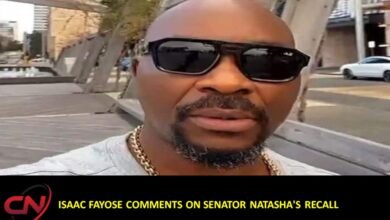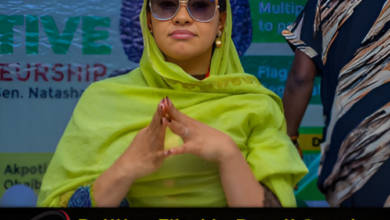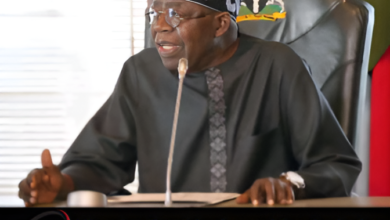
Former Nigerian President, Goodluck Jonathan, has called for a shift among Nigerians to hold their political leaders accountable for bad behavior.
Advertisements
Speaking at the book launch of former Inspector General of Police, Solomon Arase, in Abuja, Jonathan emphasized that the country must stop tolerating poor governance and demand the right actions from their leaders.
Jonathan voiced concerns over Nigerians’ tendency to overlook corrupt practices and unethical conduct among politicians.
According to him, if the people begin to reject bad behavior from leaders, the political class would be forced to change.
He believes that once the collective voice of Nigerians rejects wrongdoing, political leaders will no longer engage in corrupt or unethical actions.
“I believe one day, we all Nigerians will say we no longer accept the wrong thing. And the day we all collectively say we no longer accept the wrong thing, we, the political class, will behave normally,” Jonathan stated.
He expressed hope that this cultural shift would come to fruition and that Nigeria would reach a point where bad political behavior is universally rejected.
Jonathan also criticized the frequent deployment of the military for election duties in Nigeria, stating that it overstretches the armed forces.
He argued that military involvement in elections, particularly in manning polling stations, is unnecessary and creates an atmosphere of intimidation.
He cited examples from countries like Botswana and Senegal, where police manage election security, while the military focuses on securing government assets.
In these countries, voters are not intimidated by the military presence, allowing for a more peaceful and free election process.
Moreover, Jonathan’s concerns were not only about election security but also about the broader implications of poor governance on Nigeria’s democratic institutions.
He stressed that the involvement of military personnel in the day-to-day management of elections in Nigeria is a clear indication of how overstretched and misused the military can be.
He pointed out that in most democratic nations, the military’s role in elections is limited to logistical support, such as transporting election materials, rather than overseeing polling units.
Jonathan’s message also extends to the broader issue of electoral credibility, which he ties to the integrity of public officials.
He argued that for elections to be free and fair, it is crucial that the right people, not those seeking personal gain, are entrusted with the responsibility of election management.









